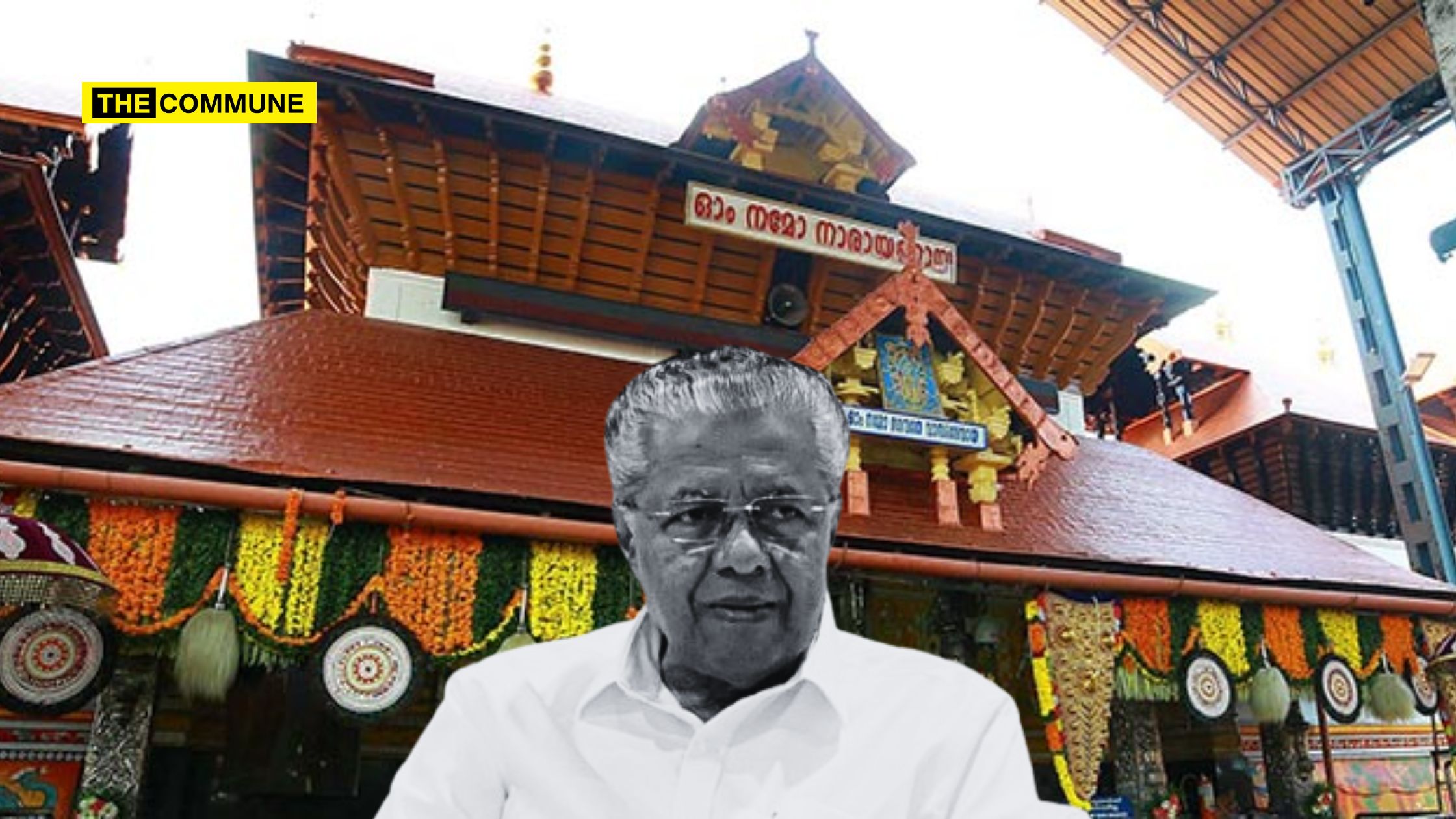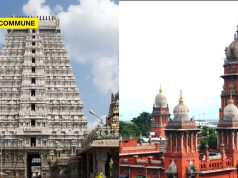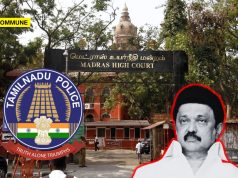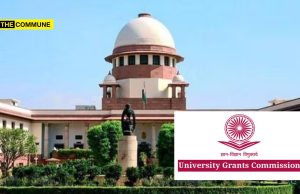
In a recent audit report, the Guruvayur Devaswom Board, which manages the Guruvayur Temple in Kerala, has come under the spotlight for investments in cooperative banks. The report reveals investments of around ₹17 lakhs in Perakkam and Erimayur primary cooperative banks, a violation of the board’s own guidelines that specify funds should be invested only in Urban Cooperative and District Cooperative banks.
Who gives permission to Pinarayi Vijayan’s communist government to invest offering from Guruvayurappan's devotees in a Co-operative Society?
That's even in a Co-operative Society that's already accused of loan fraud?
The Guruvayoor Devaswom Board invested a fixed amount of Rs… pic.twitter.com/RaWDOcvA3O
— महारथी-മഹാരഥി (@MahaRathii) October 19, 2023
Notably, the board has also invested a substantial sum of ₹117 crores in a foreign bank based in Singapore, which is not in compliance with its guidelines. The audit report raises questions about this investment and calls for a re-evaluation.
The Guruvayur Devaswom Board, which recently submitted its 2020-21 Audit Report to the High Court, disclosed that the money from two temples under its jurisdiction is deposited with cooperative banks. This revelation comes at a time when cooperative banks in Kerala are facing allegations of fraud and loss of depositors’ money.
The board’s defence for depositing funds in cooperative banks in specific areas, such as Perakkam and Erumayoor, is that no alternative banking options are available in these locations. However, these explanations have not quelled concerns, and a Thiruvananthapuram resident, Dr. Mahendra Kumar, filed a plea with the High Court seeking an inquiry into the fund diversions.
Dr. Mahendra Kumar’s plea also demanded that the Devaswom Board’s money be deposited only in nationalised banks and called for the publication of the audit report. Additionally, the plea sought a survey of land belonging to the Guruvayur Devaswom Board.
The High Court took note of these allegations and ordered the Guruvayur Devaswom Board to provide an affidavit detailing the places where the temple’s funds have been deposited. This development ignited public interest, with many, including the BJP State President, K. Surendran, emphasising the need for transparency and accountability in the management of the temple’s finances.
The concerns surrounding the Guruvayur Temple’s funds stem from reports of alleged financial mismanagement in Kerala’s cooperative banks, further fuelling suspicions that temple funds may have been diverted into such institutions. The Karuvannur Cooperative Bank fraud case has sent shockwaves across Kerala, with Enforcement Directorate (ED) officers making arrests and allegations of a massive financial scandal involving multiple individuals and significant sums.
As investigations unfold, the Guruvayur Devaswom Board faces mounting scrutiny, and the outcome of the High Court’s investigation will shed light on how the Devaswom Board is handling the temple’s considerable wealth.
Subscribe to our channels on Telegram and WhatsApp and get the best stories of the day delivered to you personally.




